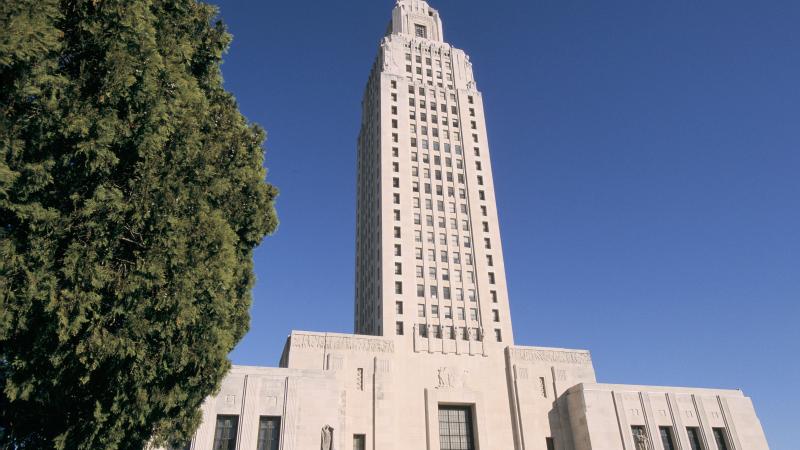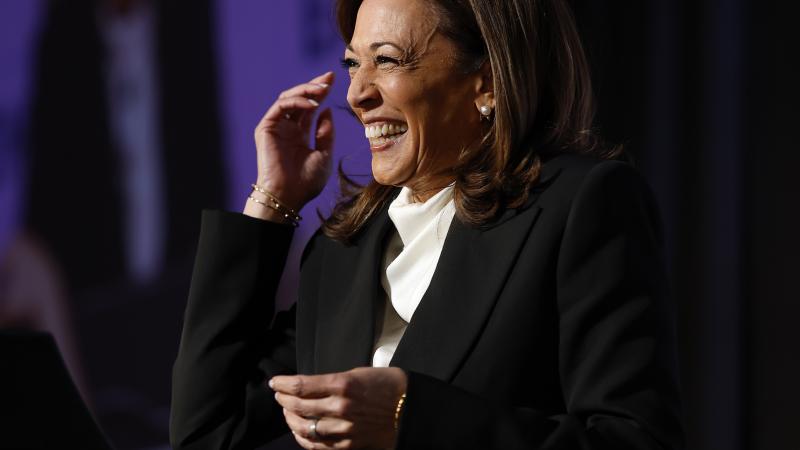California ranks worst for employment-related religious discrimination charges
California also requires insurance plans to provide contraceptive coverage, though there is a carve-out from contraceptive coverage at the federal level for religious organizations.
(The Center Square) - California ranked first in the number of religious discrimination charges filed with the Equal Employment Opportunity Commission, with 1,550 charges filed in 2022, according to Eldessouky Law. Meanwhile, in Texas, which has approximately three-fourths the population of California, only 600 charges were filed.
Religious freedom advocates say that the state is becoming “more hostile to religious freedom,” and focus on healthcare and education as major areas of contention.
“The culture of California is one of not being supportive of people of faith,” said Justin Butterfield, Deputy General Counsel at First Liberty Institute, a religious freedom law center, to The Center Square. “That is not an area of diversity they like in California.”
Butterfield previously served as Senior Advisor for Conscience and Religious Freedom at the U.S. Department of Health and Human Services.
While any American doctor can refuse to perform an abortion due to religious or moral beliefs, in California abortions are required to be covered under health insurance plans, and doctors who opt not to provide an abortion must inform patients of their rights to abortion services elsewhere, and where they might obtain one.
California also requires insurance plans to provide contraceptive coverage, though there is a carve-out from contraceptive coverage at the federal level for religious organizations. In theory, this policy should reduce abortions, but the outcome is unclear because California is one of the only states in the nation to not collect abortion statistics.
With 88% of Americans supporting some form of abortion, California’s abortion policies seem to have popular appeal in the state, but others say the state is going too far in its challenge of abortion alternatives.
California Attorney General Rob Bonta sued “abortion pill reversal” providers Heartbeat International, RealOptions, and 100 unnamed women, alleging the treatment’s advertising is “misleading” and science does not prove the treatment is “safe and effective.”
The abortion pill reversal involves the administration of progesterone, a hormone that is part of the female menstrual cycle and helps maintain a pregnancy, after the first of two pills taken in a chemical abortion has been taken by a pregnant woman.
Lawyers at the Thomas More Society representing the defendants, say progesterone use “is a cutting-edge application of a time-tested, FDA-approved treatment used for decades to prevent miscarriage and preterm birth.”
Butterfield, who is leading a case against charter schools’ rejection of homework assignments submitted by students who adopt a religious perspective, said the state is not especially supportive of religious freedom in education.
“Some charter schools are even saying students are not allowed to mention their faith in their assignments, something that has repeatedly been held to be unconstitutional,” Butterfield said. “California state law and the California constitution has what we call a Blaine Amendment.”
While the 19th century-era Blaine Amendment, which would have blocked direct government aid to any school with religious affiliation, failed to pass into the U.S. Constitution, most states adopted constitutional amendments already had clauses banning taxpayer funding of religious entities. The Blaine Amendment was supported by Protestant Americans as a means of limiting the influence of later immigrant Catholics.
The Supreme Court has ruled such amendments to be unconstitutional for explicitly discriminating against religious schools, including in Carson v. Makin, when the court found Maine could not block school vouchers from being used at religious private schools.
Butterfield’s case also seeks to extend Carson v. Makin to allow charter schools that provide support for home-schooling programs to allow parents to select religious curricula, and for their students to receive credit for work done with said curricula.
This case, likely to be decided some time this year, comes as the state's public school system faces significant enrollment declines due to outmigration, declining birth rates, and rising rates of private and homeschooling. The majority of California public school students do not meet state standards in any subject.














